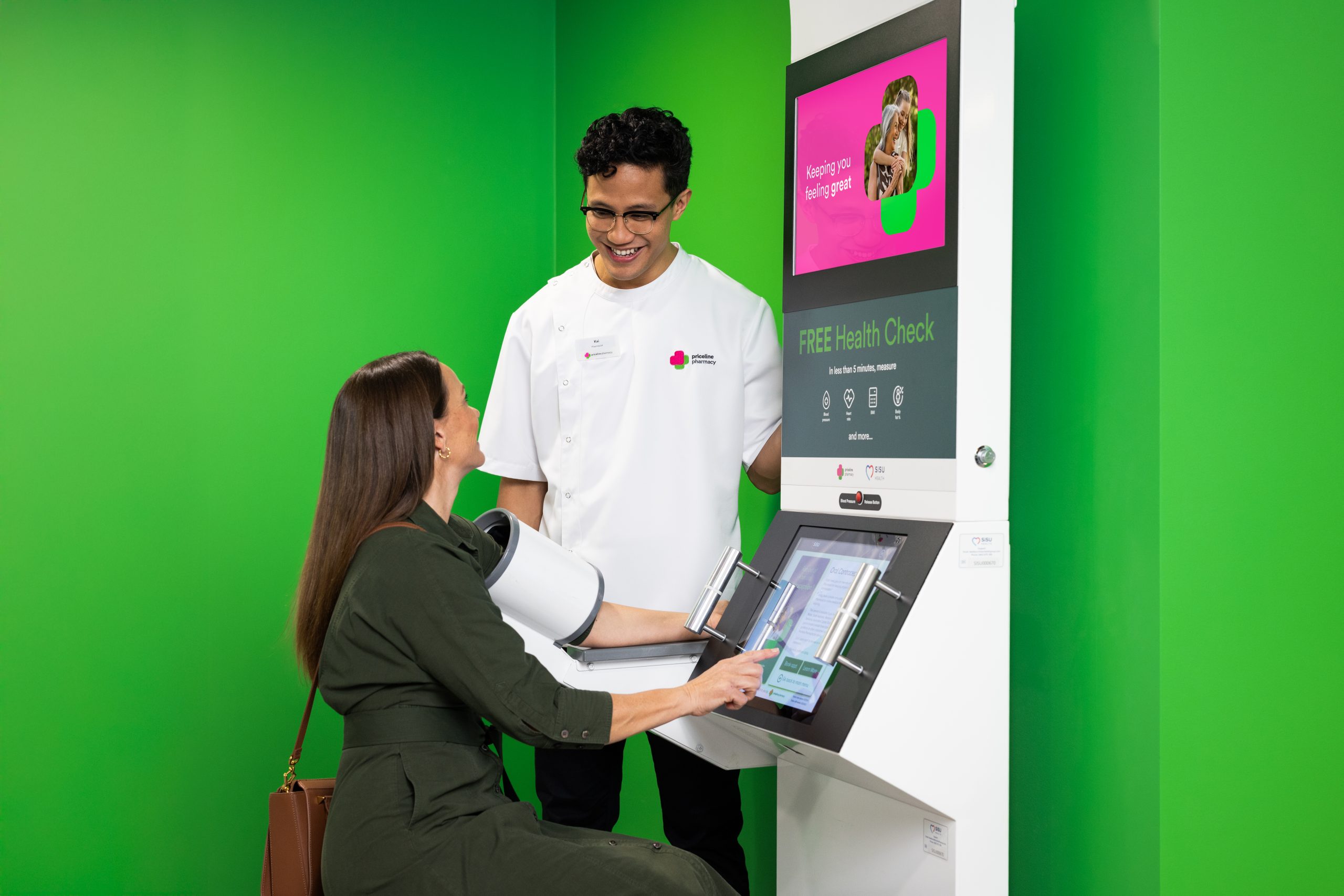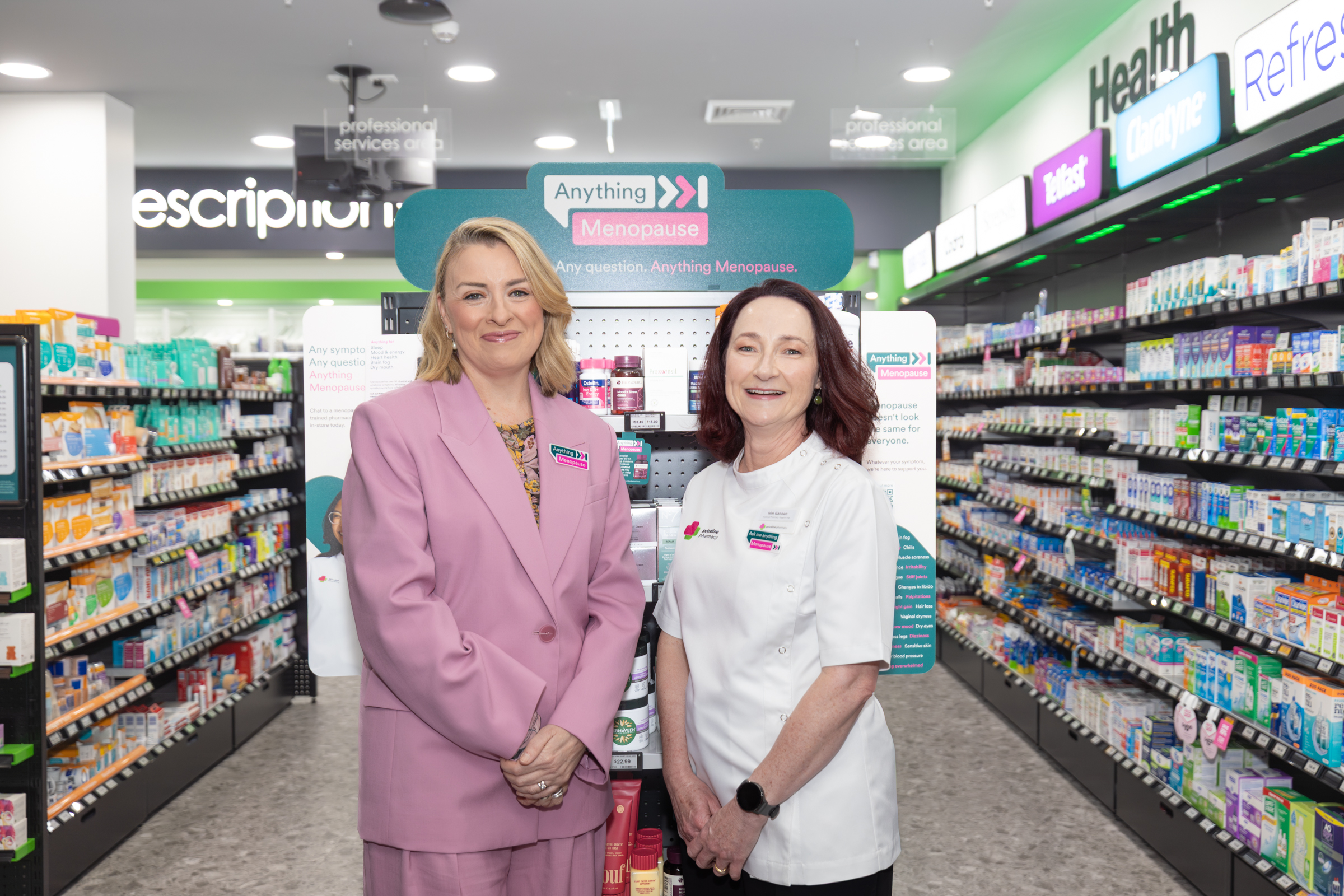New data from 3.6 million health checks highlights rising obesity, diabetes risk, and smoking and vaping trends, alongside improvements in key health areas.
Australians are seeing some positive improvements in key health measures, but serious cardiometabolic risks persist, according to the Wesfarmers Health: Australia’s Health Index 2025. One in 9 (12%) adult Australians live with an elevated risk of heart disease, as obesity continues to rise and vaping among young Australians is at alarming levels.
Now in its second year, the Index draws on de-identified data from 3.6 million health checks from 2.4 million Australians to provide the most comprehensive, real-time view of Australia’s cardiometabolic health. For the first time, the report includes data on vaping and e-cigarettes, along with pharmaceutical wholesale data that highlights increased demand for GLP-1 drugs used in weight loss and diabetes.
Key findings of the Wesfarmers Health: Australia’s Health Index 2025
- Australia’s 2025 Index score is 107, compared to 92 last year, which represents an improvement in the number of Australians with more than one cardiometabolic risk factor.
- Despite the strongest health gains since the COVID pandemic, more than 1 in 9 (12%) adult Australians live with multiple risk factors for heart disease.
- Obesity is increasing, especially among men, with 3 in 10 (3.2 million) affected.
- 872,000 Australians will likely develop type 2 diabetes in the next 5 years.
- Almost 3 in 5 (58%) Australians haven’t had their blood pressure tested in the past 12 months.
- 2 in 3 (66%) Australians who vape daily also smoke cigarettes daily, indicating vaping isn’t replacing smoking — people are doing both.
- Nearly 1 in 6 young Australians (aged 16–19) now vape every day.
Wesfarmers Health Managing Director Emily Amos said, “The 2025 Index highlights both progress and ongoing challenges for Australians’ health. While we’re seeing encouraging improvements in some areas, rising obesity, diabetes risk, and vaping among young people show there’s still more work to do.
“Using machine-measured health metrics, a geographic lens and the capacity to provide predictive ‘over-the-horizon’ views of cardiometabolic health, the Index offers valuable insight into where in Australia the risks are most concentrated, and where action can make the greatest difference.”
Wesfarmers Health pharmacist Amy Jones added, “Knowing your numbers is the first step to preventing serious health conditions. A SiSU Health Station check is free, self-service, accessible and take 5 minutes – making it quick and easy for Australians to check their blood pressure, weight, diabetes risk and more. Having regular checks enables Australians to track their health over time and take action if needed.”
The Index tracks changes in multiple cardiometabolic risk factor rates against a 2018, pre-COVID baseline of 100. The odds of having two or more cardiometabolic risk factors (obesity, high blood pressure, diabetes and daily smoking) forms the overall Index score. Australia’s 2025 Index score is 107, compared to 92 last year, which shows the number of Australians with multiple risk factors has fallen. This shows meaningful progress against the pre-COVID baseline of 100, however key risks remain.
How the States and Territories stack up
- The Australian Capital Territory is the healthiest state or territory, with an Index score of 134, compared to the national average of 107. The nation’s capital also showed the strongest health improvements on last year, increasing by 23 points — from 111 to 134.
- While recording a small health improvement from last year, Tasmania remains the most at-risk state or territory, with a score of 74, compared to the national average of 107, and the highest rates of obesity and hypertension.
- Western Australia has a score of 121, followed by Victoria on 113, New South Wales on 109, South Australia on 99 and Queensland on 97.
- More Queenslanders smoke and vape than in any other state or territory, with 13.3% smoking daily and 8.2% vaping daily.
- South Australia, on the other hand, has the lowest vaping rate in the country (4.5%) and second-lowest smoking rate (9.7%), after the ACT (8.3%).
Directly aligned with Wesfarmers Health’s mission to make health, beauty and wellness experiences simpler, more affordable and easier to access, the data comes from SiSU Health Station checks, widely available at Priceline Pharmacies and Priceline stores across the country. The health checks are a free, self-service tool and take as little as five minutes to complete.
The Wesfarmers Health: Australia’s Health Index 2025 is available here.




